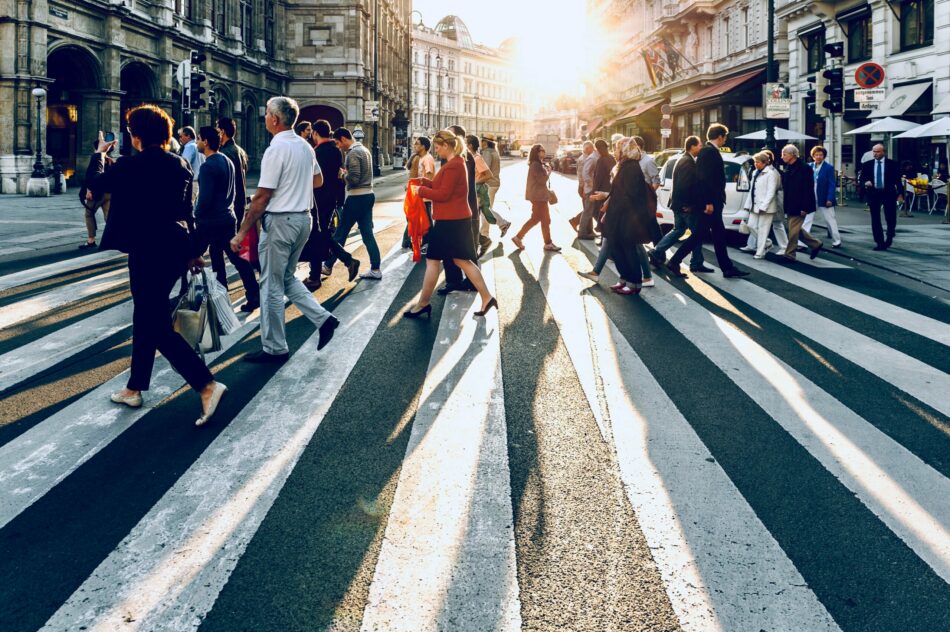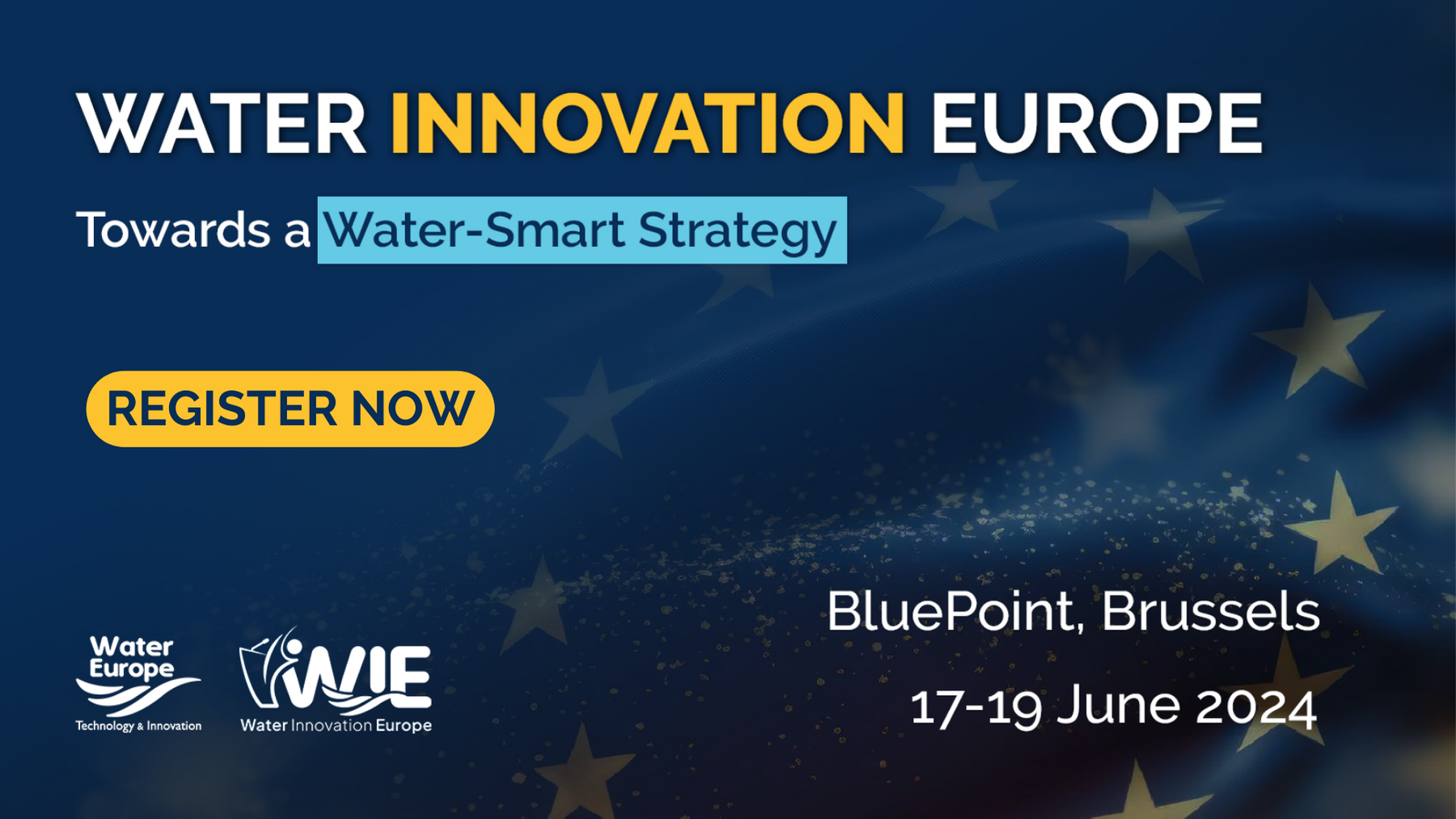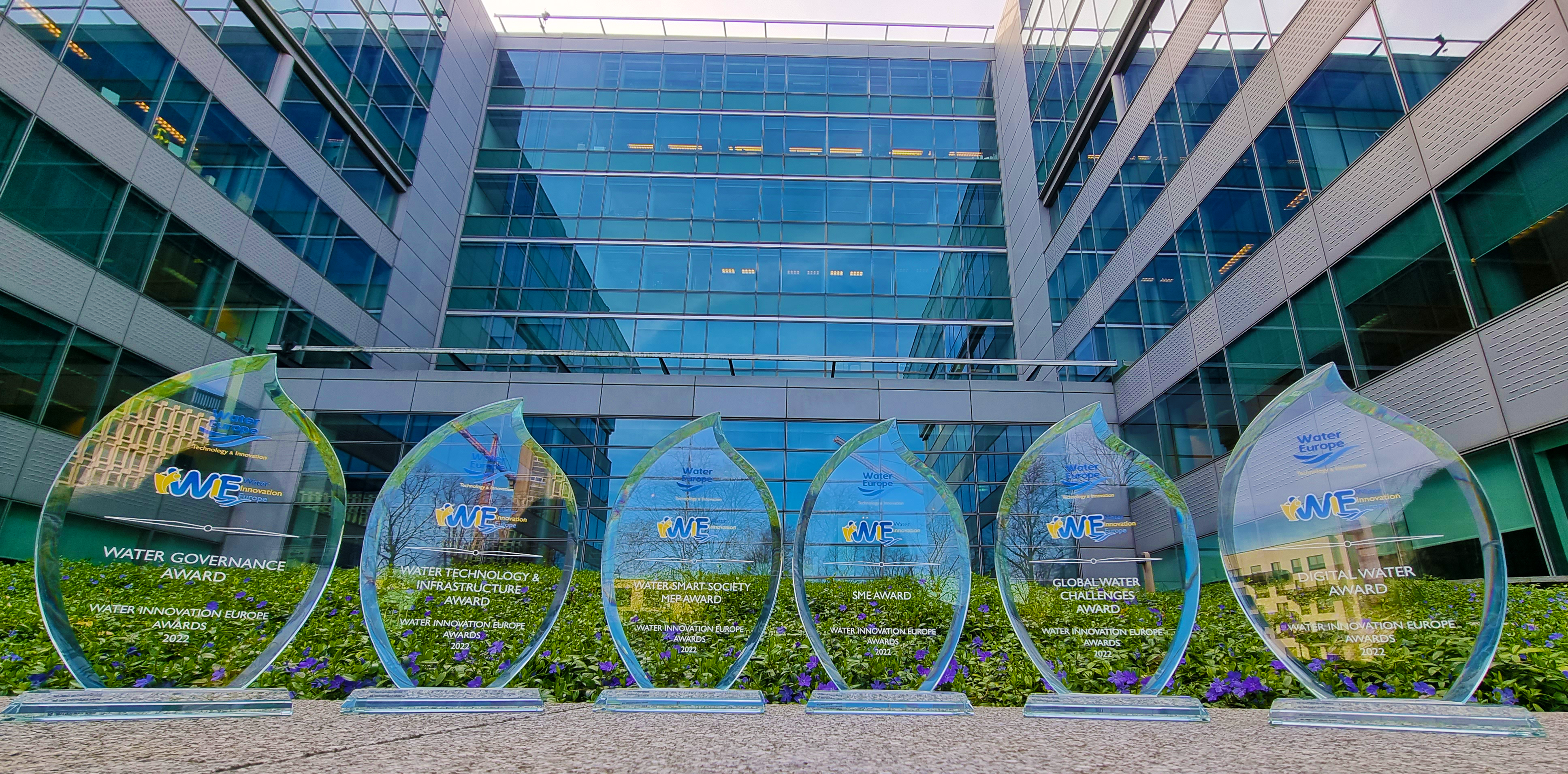Creating a climate-neutral and resource-efficient European economy requires a deep transformation of energy, mobility and food systems, as well as a change in production and consumption practices. Such profound change will impact both individuals and society. At the same time, the transition to sustainability will not succeed if people do not support it by adapting their behaviour and consumption patterns. This would imply change towards ‘sustainable behaviour’.
The recent study published by the Scientific Foresight Unit (STOA) of the European Parliament, explores the prospects of aligning citizens’ behaviour with the objectives of the European Green Deal in the domains of food consumption and mobility. It identifies key challenges and possibilities in each domain and explores how technological solutions can help people adapt to sustainable behaviour in alignment with the objectives of the European Green Deal.
How do people decide how to use vital resources like energy and water? The answers to these questions are complex, as they are affected by many factors. Availability, access, price and quality of sustainable options are critical; but other, less visible factors, such as peer behaviour and cultural context, are equally important.
Require great attention when designing interventions and campaigns to help bridge the divide between good intentions and action. For example, helping people plan better to reduce food waste, removing the hassle of switching to a green energy tariff, providing easy substitutes to medicinal wildlife products, or providing timely reminders and tips for reducing water consumption are all strategies which can help turn green aspirations into green actions.
A quick glance at agricultural production demonstrates that people’s choice of a diet has climate and environmental footprint: water pollution with nutrients and pesticides, freshwater withdrawals => growing water scarcity.
Organically-managed soils are more resilient to water stress and nutrient loss, and thus can counter soil degradation. Organic agriculture does not pollute water like conventional agriculture.
Technological options => creating awareness (labelling, databases, virtual farming, footprint calculators …), connecting farmers and consumers, making sustainable consumption easy, enhancing trust, making sustainable consumption fun, social and attractive.




